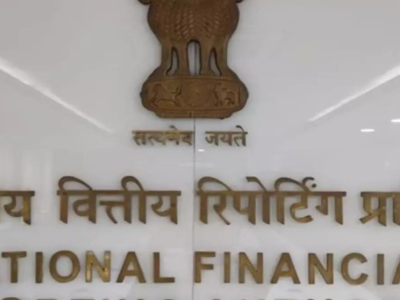Delhi High Court Ruling on NFRA
The recent ruling by the Delhi High Court has implications for the National Financial Reporting Authority (NFRA). The court quashed show cause notices issued to auditors and Chartered Accountants (CAs) without undermining the NFRA’s disciplinary authority. The decision focused on procedural lapses rather than the merits of the cases.
Background of NFRA
- The NFRA was established under Section 132 of the Companies Act 2013.
- Its primary role is to oversee accounting and auditing standards.
- The NFRA has the authority to initiate disciplinary actions against auditors and audit firms for professional misconduct.
- It was officially launched on October 1, 2018.
The Delhi High Court Ruling
The Delhi High Court’s ruling brought into light that the NFRA failed to follow proper procedures. It noted that the same body that conducted audits also initiated disciplinary actions. This lack of separation compromised the neutrality required for fair assessment. The court quashed the show cause notices based on these technicalities.
Procedural Concerns Raised
Petitioners argued that the NFRA did not have properly constituted divisions for investigations and enforcement. The court agreed that independent units should handle these functions. The absence of such divisions violated the principles of fair trial and due process.
Relationship with NCLAT and Supreme Court
The National Company Law Appellate Tribunal (NCLAT) previously upheld the NFRA’s procedures. However, the High Court’s ruling did not acknowledge the Supreme Court’s dismissal of appeals against the NCLAT. This oversight raises questions about the NFRA’s ability to appeal the High Court’s decision.
Retrospective Jurisdiction of NFRA
Both NCLAT and the High Court affirmed that the NFRA could exercise retrospective jurisdiction. This means that auditors are still accountable for standards that existed before the NFRA’s establishment. The court clarified that the NFRA’s powers did not create new obligations but enforced existing ones.
Oversight of Auditors Pre- and Post-NFRA
Before the NFRA, the Institute of Chartered Accountants of India (ICAI) held exclusive jurisdiction over auditor discipline. The NFRA now has the authority to investigate misconduct, and no other body can intervene once an investigation is initiated. This shift has clarified the jurisdictional boundaries between the NFRA and the ICAI.
Implications for Auditors and Audit Firms
The ruling impacts auditors and audit firms. They must navigate the complexities of NFRA regulations while being aware of their obligations under previous laws. The NFRA’s authority to discipline auditors for past conduct raises concerns about fairness and transparency.
Month: Current Affairs - February, 2025
Category: Legal & Constitution Current Affairs







